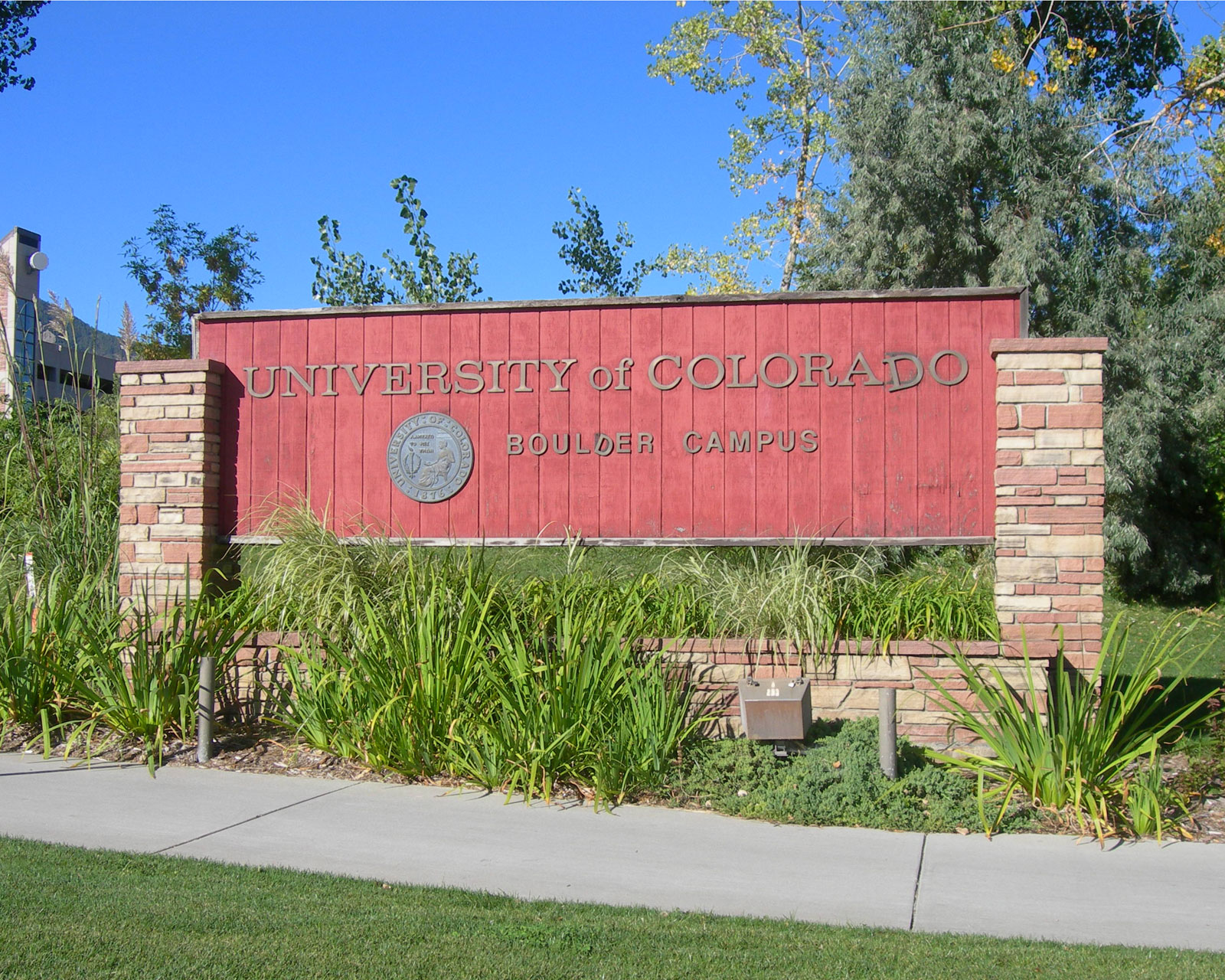The Local newsletter is your free, daily guide to life in Colorado. For locals, by locals.
Coming off a decade where tuition increased by an average of 37 percent across public four-year universities, the University of Colorado Boulder and Adams State University in Alamosa are giving students a break.
Last November, Adams State became the first public Colorado university to pass a tuition guarantee for on-campus students, freezing costs for four years for in-state and out-of-state undergraduates enrolled full-time or part-time, beginning this fall. (Colorado State University-Global Campus, the school system’s indepedent accredited online university, has offered a tuition guarantee since 2008). New students will see their incoming tuition rates locked, while returning students will be guaranteed based on their original terms of entry. Fees will be charged separately, and will vary year to year.

“Our goals for this program are, first, to make college more affordable and allow students and their families to better plan for expenses,” Beverlee McClure, Adams State presdent, said in a release announcing the change. “Also, by guaranteeing tuition for four years, this encourages students to stay enrolled full-time and to complete their degrees within four years.”
In April, the CU Board of Regents approved a tuition guarantee that will affect incoming resident freshmen, who start classes on August 22. This year, the class of 2020 will see a one-time increase of up to 5 percent in tuition and mandatory fees, which is promised to remain locked for four years. Tuition varies across the university’s programs and colleges, starting at $6,234 for students enrolled in environmental design, education, and the College of Arts & Sciences. The Leeds School of Business charges students the most per semester—$8,646. These numbers do not include discounts afforded by Colorado’s College Opportunity Fund, which provides a stipend to eligible undergrads paying in-state tuition.
According to a statement by CU-Boulder Chancellor Philip P. DiStefano, the measure “allows current high school students to plan for the cost of tuition” based on the year they enter school. Next year’s freshmen class will receive the same deal and those arriving at CU Boulder in fall 2018 and 2019 will see a four percent increase, which will then remain frozen for four years. Resident seniors set to graduate in May will only see a three percent increase in the fall, but will experience a full increase, similar to the rest of the student body, if a fifth year is needed.
This is the first time that CU has locked rates for in-state students, but the guarantee resembles one that CU approved for nonresidents in Spring 2005, where tuition rates were increased and locked over four years. Nonresident undergraduates still receive a four-year tuition guarantee, with a three percent tuition and mandatory fees increase in 2016–17.
Colorado State University’s Board of Governors was also presented with a plan for a tuition guarantee last week, but according to reporting from the Coloradoan in Fort Collins, the idea didn’t gain traction among members. While some cited concerns over what the lack of flexibility would mean for the financial health of the institution, others claimed that guaranteed tuition wouldn’t sway a prospective student to choose CSU over another school. While that remains to be seen, the changes at CU and Adams State mean that students could graduate with less college debt overall—and that’s undoubtedly a good thing.
Correction appended, August 15, 2016: The original version of this article neglected to mention that CSU-Global, the school system’s independent accredited online university, has offered a tuition guarantee to students since 2008. The article has been updated to reflect this.








